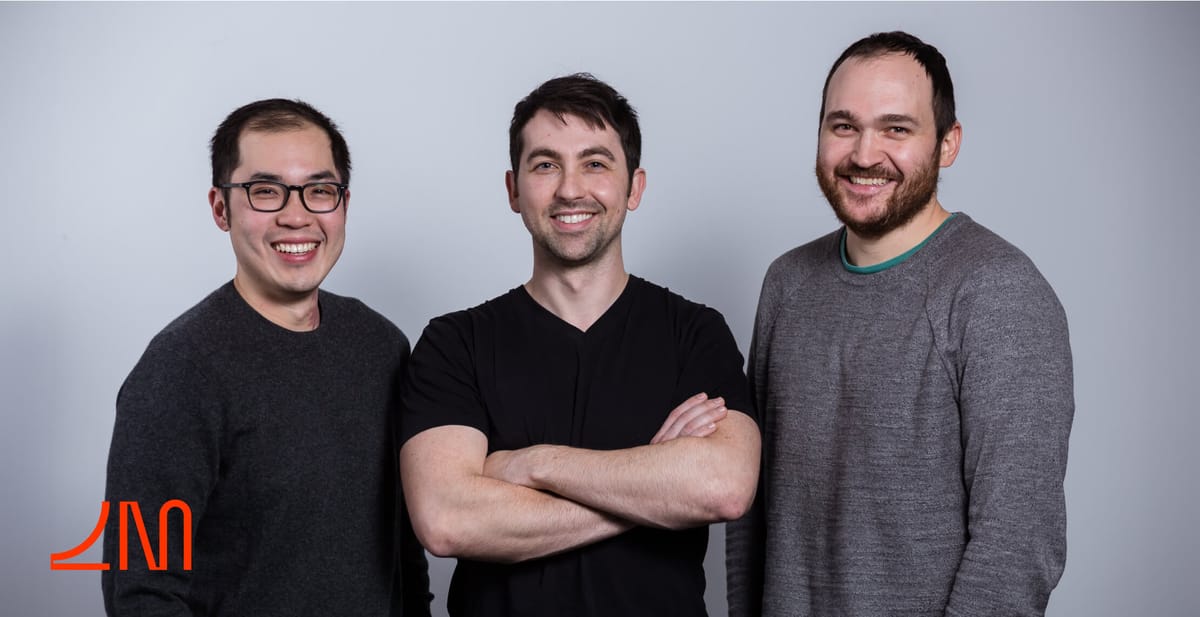
Boston-based startup Lightmatter has raised an additional $155 million in Series C-2 financing, propelling the company’s valuation to $1.2 billion. The oversubscribed round was led by GV (formerly Google Ventures) and Viking Global Investors, with strong participation from existing investors. This latest capital infusion comes on the heels of a $154 million Series C round closed in May and brings Lightmatter’s total funding raised to date to over $420 million.
Lightmatter is developing disruptive photonic technologies to accelerate AI workloads and address the growing power and performance challenges in high-performance computing. As AI models rapidly expand in size and complexity, traditional computing architectures are struggling to keep pace.
Nowhere is this computational strain more apparent than in generative AI — systems like ChatGPT that produce novel text, images, and other content. As these models grow more advanced, their voracious appetite for data and compute cycles is skyrocketing. Industry leaders are warning of hitting practical limits on model scale due to excessive energy consumption and ballooning costs.
Lightmatter aims to break through these barriers with novel photonics-powered hardware and software solutions:
- Envise – An AI acceleration platform claimed to achieve record-breaking performance on large language models like GPT-3 and other advanced neural networks. Offered in a 4U server blade form factor, Envise delivers up to 6.4 Tbps of optical interconnect bandwidth to scale AI workloads across multi-node systems.
- Idiom – A software stack to compile, profile, and optimize models for execution on Envise-powered infrastructure. Enables automatic system configuration for rapid deployment at scale.
- Passage – An 8” x 8” photonic interconnect chip allowing heterogeneous components to communicate at speeds up to 100 Tbps while configurable in real-time. Passage removes communication bottlenecks to build flexible, high-speed systems on a wafer-scale platform.
“Lightmatter is positioned to transform computing systems for AI with photonics,” said Lightmatter CEO and co-founder Nick Harris. “By increasing speed, lowering cost, and reducing environmental impact, our technologies can push the limits of what’s possible in AI.”
As part of the company’s expansion plans, Lightmatter will grow its world-class engineering team, accelerate product development, and establish a new Toronto office in 2024.
“In the rapidly evolving landscape of generative AI, the demand for new compute and chip communication solutions is unprecedented," said GV General Partner Erik Nordlander. "Lightmatter's photonics innovations are unlocking this performance bottleneck to power the next generation of AI."
With giants like Google, Meta, and OpenAI pushing AI capabilities to the limits, the race for faster and more efficient computing is intensifying. Lightmatter’s latest funding round underscores investor confidence that photonics can provide the breakthroughs needed to sustain AI progress into the future. The startup’s meteoric growth and swelling coffers position Lightmatter to play an integral role shaping the computing architectures that will fuel tomorrow’s AI.

